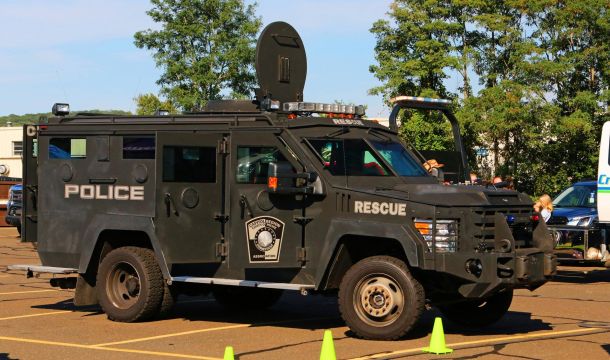Supreme Court Allows Trump Administration to Proceed with Termination of CHNV Parole Programs
On Friday the United States Supreme Court lifted the stay that prevented the federal government from removing people who have parole status under the Cuba, Haiti, Nicaragua and Venezuela (CHNV) parole programs. The Supreme Court referred the case to the First Circuit Court of Appeals for decision on the government’s appeal.
Although the government has not stated what it intends to do, it is possible that the government could begin removal proceedings for people who have parole under one of the CHNV programs. The government also has not stated what it intends to do about the work authorization status of those people. Some employers may be inclined to place affected employees on unpaid leave pending further decisions. Other employers may choose to continue employment in accordance with the work authorization documents until more definitive guidance is available.
We will continue to monitor these issues and let you know of new developments.
Court Requires Trump Administration to Process Applications
A U.S. federal judge on Wednesday ordered the Trump Administration to resume processing applications from migrants seeking work permits or more lasting immigration status who are living in the country temporarily under "parole" programs. The Trump administration had stopped processing applications when it terminated the parole programs.
The ruling by District Judge Indira Talwani in Boston will provide relief to thousands of migrants from Afghanistan, Latin America, and Ukraine who were granted a two-year "parole" to live in the country under programs established by the Biden Administration.
The same judge had previously blocked the Trump Administration from revoking the parole status of hundreds of thousands of Cubans, Haitians, Nicaraguans and Venezuelans. The Trump administration had asked the U.S. Supreme Court to pause her decision, which was granted (see article above).
The Parole Programs in issue include (1) Military Parole-in-Place (MPIP), (2) Operation Allies Welcome, (3) Uniting for Ukraine, (4) Parole Programs for Noncitizens from Cuba, Haiti, Nicaragua, and Venezuela (the “CHNV Parole Programs”), (5) Family Reunification Parole (affecting certain individuals from Colombia, Cuba, Guatemala, Ecuador, Haiti, Honduras, and El Salvador), and (6) Central American Minors Program.
The court granted temporary relief, on a class-wide basis, staying: (1) the suspension of adjudications of re-parole applications filed by individuals who received parole pursuant to the Parole Programs; (2) the suspension of adjudications of initial parole applications filed by individuals already present in the United States pursuant to the MPIP program; and (3) the suspension of adjudications for immigration benefits applications filed by individuals who received parole through the Parole Programs.
Employers should continue to monitor the work authorization status of affected employees to determine whether the employees have new work authorization.
Questions? Need more information? Call Jim Hughes at (404) 365-0900.
Related Content
Get Email Updates
Recent Content

TPS Update (as of 2/6/2026)

Job Interviews Can Be a Good Selection Device

Suggestions on How to Diffuse a Tense Situation

Employers Blame Unions for Recent Shutdowns

$27 Million Verdict against Employer on Disability Discrimination over Refusal to Return Employee to Work



